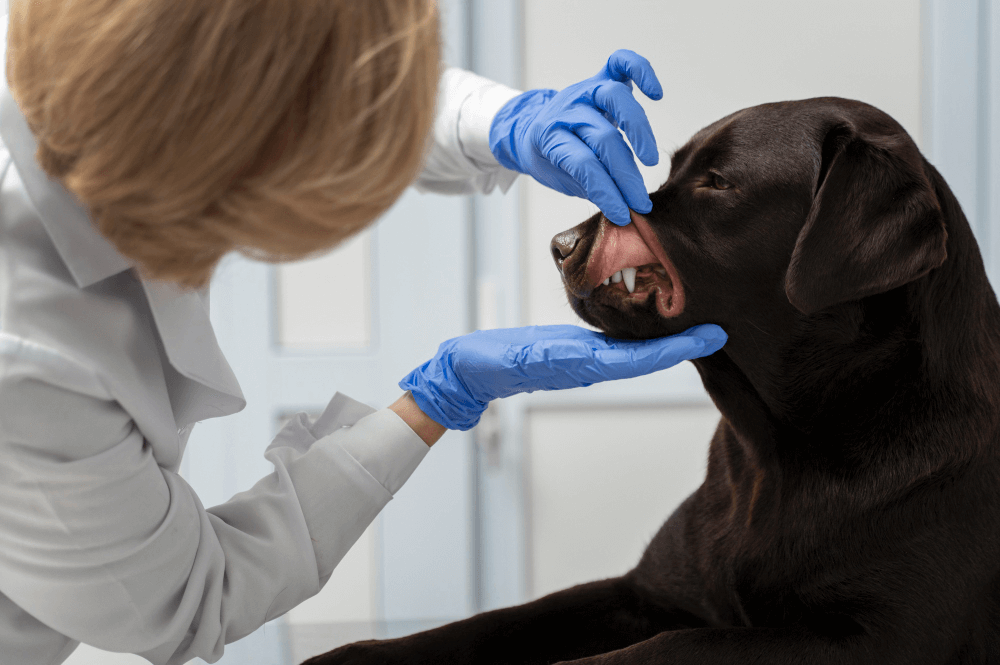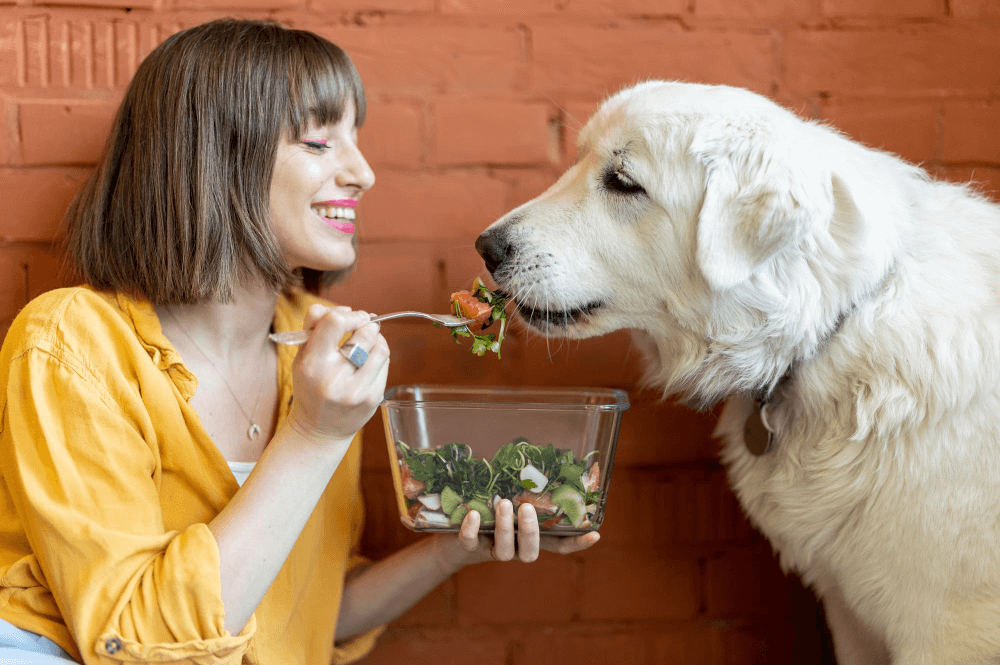Bloat, or gastric dilation-volvulus (GDV), is a serious and potentially life-threatening condition that can affect dogs of all breeds but is more common in larger breeds with deep chests. It occurs when the stomach fills with gas and twists on itself, cutting off blood flow and leading to a variety of serious complications. In this blog post, we will discuss the causes, symptoms, treatment, and prevention of bloat in dogs to help you better understand this condition and protect your furry friend.
What is Bloat in Dogs?
Bloat occurs when the stomach fills with gas and becomes distended, often twisting on itself. This can lead to a blockage of the gastrointestinal tract and a lack of blood flow to the stomach and other organs. Bloat can cause severe pain, difficulty breathing, and other serious complications if not treated promptly.
Causes of Dog Bloat
The exact cause of bloat is not always known, but there are several factors that can increase a dog’s risk, including:
- Eating or drinking too quickly
- Exercising vigorously before or after eating
- Eating a large meal
- Being a large or giant breed with a deep chest
- Having a history of bloat in the family
- Being older or overweight
Symptoms of Bloat in Dogs
The symptoms of bloat can vary but may include:
- Swollen, hard abdomen
- Retching or trying to vomit without producing anything
- Restlessness or pacing
- Difficulty breathing
- Drooling excessively
- Pale gums
- Collapse
How to Treat Bloat in Dogs
Bloat is a medical emergency that requires immediate veterinary attention. Treatment may include:
- Decompressing the stomach to relieve pressure
- Surgery to untwist the stomach and remove any damaged tissue
- Stabilizing the dog with intravenous fluids and medications
Preventing Bloat
While bloat cannot always be prevented, there are steps you can take to reduce your dog’s risk, such as:
- Feeding smaller, more frequent meals
- Using a slow feeder or puzzle bowl to slow down eating
- Avoiding vigorous exercise before and after meals
- Monitoring your dog’s weight and overall health
FAQs on Dog Bloat
Q: Is bloat an emergency in dogs?
A: Yes, bloat is a life-threatening emergency that requires immediate veterinary attention. If you suspect your dog may be experiencing bloat, contact your veterinarian immediately.
Q: Can bloat be prevented?
A: While bloat cannot always be prevented, there are steps you can take to reduce your dog’s risk, such as feeding smaller, more frequent meals and avoiding vigorous exercise before and after meals.
Q: Are certain breeds more prone to bloat?
A: Yes, larger breeds with deep chests, such as Great Danes, Saint Bernards, and Weimaraners, are more prone to bloat. However, any dog can develop bloat, so it’s important to be aware of the symptoms and risk factors.
Conclusion:
Bloat is a serious and potentially life-threatening condition that requires immediate veterinary attention. By understanding the causes, symptoms, treatment, and prevention of bloat, you can help protect your dog’s health and well-being. If you suspect your dog may be experiencing bloat, contact your veterinarian immediately for advice and treatment.




